Thu, 28 December 2017
You’re in the right place. Why? Because 2017 was a landmark year for the Magnetic Memory Method blog and podcast. To sum up the year, I’ve gathered 18 of the most highly-shared and impactful posts from 2017. Scroll up and click play to hear me sum up the year on the podcast. Then get busy downloading each of these episodes and make yourself an audiobook so that you know how to study without forgetting what you have studied in 2018. For the first category of memory-boosting material from 2017, we begin with:
The Biggest Learning Problems And Their Solutions
1. How To Stop Google From Ruining Your MemoryDigital Amnesia: 5 Ways To Stop Google From Ruining Your Memory Yes, the threat is real. Please make sure you pay the closest attention to this special message because the “Google Effect” is something we all face. In order to overcome, measures must be taken. This blog post and podcast provides the deep-dive you need to preserve your memory for the long haul.
2. Beware of Apps5 Memory Improvement Exercises That Don’t Require Another Annoying App I know, I know. Apps are attractive. The idea that you can download an app that will help you remember or train your brain is seductive. But as this post demonstrates, there are better brain exercises you can use to improve your memory. And if you want more, here are five additional brain exercises that will benefit anyone.
3. Recycle Your Reading11 Reasons You Should Reread At Least One Book Every Month I’m so glad I started a solid rereading strategy. I’ve learned so much and really fortified a lot of things I wanted to remember. The best part? Discovering all the things you didn’t notice the first time. This can help you avoid many life mistakes that harm your memory improvement journey. Remember: You can’t recall information you didn’t notice, so have a rereading reading strategy is really important.
4. Know What Really Counts As Memory LossThe Most Important Difference Between Memory Loss And Forgetfulness In The World I survey thousands of people every year. One thing is clear: Many people don’t know how to distinguish between every day forgetfulness and the kind of memory loss that should send you running for the doctor. Please check this material out.
5. Destroy Memory Mythologies3 Reasons We Must Destroy The Human Goldfish Attention Span Myth Nothing is more dangerous than the lies we tell ourselves than the lies we allow to shape our behavior. If you’re sick of being told that you have the attention span of a goldfish (and you should be), we took a look at the origin of this silly myth. Better: We learned to replace that destructive myth with an empowering metaphor that serves our memory instead of tearing it down.
6. Make Memory Easier And Faster4 Easy Ways To Learn Faster And Remember More We all have a need for speed. But if you want to know how to make your brain stranger and train it for focus, you need strategy. Like knowing R.A.M.S. and which one to avoid: Good news: You’ll learn everything you need to know about how to attract information into your memory on that video and the learn faster post. Please check them out.
7. Use A Pencil5 Note Taking Techniques That Force You To Remember More Of course, I realize that we want to siphon information directly from our eyes and ears into our brain. But the reality is that old technology like paper and pencil still play an important role. And not necessarily in the way you think. I gave you some of my best tips for note taking from the viewpoint of someone who has been both student and professor.
Memory Improvement Lessons From Experts & |
Thu, 14 December 2017
Or maybe just wondering how to learn Japanese on your own with memory techniques? Are you still at the level where you’re searching Google with “learn Japanese alphabet,” unaware of its unique character sets? Or how about that wish to know how to speak Japanese fast? Well, in today’s guest post and featured podcast guest host, Kevin Richardson share his experiences using the best app to learn to speak Japanese in the world: The Memory Palace. But not just any Memory Palace. A Magnetic Memory Palace. Scroll up and click play to hear my interview with Kevin and read his separate assessment below. Take it away Kevin! The Man Who Almost Gave Up On Learning Japanese
Without Magnetic Memory, I would have packed up my bags and given up on ever learning the readings of Japanese kanji. Now, I have no doubts that I’m going to complete my mission. I want to be fully literate in Japanese … and I want to be able to handwrite kanji too. In for a penny, in for a pound! This is actually my second attempt at using the Magnetic Memory Method. I won’t lie to you, the first time I tried making a Memory Palace wasn’t a great success. So take heart, don’t give up if you don’t get everything right the first time. Treat it as a learning experience. I promise you, you’ll get better quickly. I’m still only a fledgling Memory Palace maker, yet now I’m able to remember up to thirty kanji readings in a single day! Best of all – I know they’re there forever!
Before employing the Magnetic Memory technique, I’d used Heisig’s “Remembering the Kanji” volume 1 to memorize over two thousand kanji meanings in six months. I wasn’t setting the world on fire, but for someone who can’t even remember why I’ve gone to the convenience store, I was still pretty pleased with myself.
Maybe The Memory Palace Stuff Wasn’t For Me…
In hindsight, I wish I’d known more about Memory Palaces when I set about using Heisig’s method, but my first attempt wasn’t very successful and I resigned myself to thinking maybe this Memory Palace stuff wasn’t for me. It was then that I listened to Olly Richard’s podcast with Anthony Metivier talking about learning hiragana with the Magnetic Memory Method. By happy coincidence, I was just starting to think about the daunting task of learning thousands of readings for the kanji characters. I knew that if I could get the hang of it, this would be make or break. After all, Japanese people take about ten years to accomplish the same task; so for me, any technique that’s going to supercharge my memory was worth a punt.
My first Memory Palace was a modest affair. I drew a sketch map of my apartment in Japan, numbered my memory stations in a logical route from bed to genkan (the place you leave your shoes). The first kanji vocabulary word I added to the bottom of my bed – 主に (omoni – ‘mainly’). The story, “oh money is mainly found at the bottom of my bed”. Next, 大気 (taiki – ‘atmosphere’) … That utter tyke, Russ Abbot singing “Oh what atmosphere, I love a party with an atmosphere” in the cupboard next to my bed. And as the tour went around my apartment, the story developed into a bizarre journey that I couldn’t forget. Do you remember the Hana Barbera cartoon of Godzilla? I always hated the baby Godzilla, “Godzuki”, yet when I came to the bathroom, I have to think about that dinosaur, Gojira (as the Japanese say) … I’m a big fan of Godzilla … (dai no gojira zuki desu).
My Mind Couldn’t Help But Fill In The Gaps
I took Anthony’s advice and walked through my Memory Palace ten times that first day. That made a big difference; I think by walking through the same linear path through my apartment, visualizing the story ten times, the story in my mind became like a sequence of video clips. My mind couldn’t help but fill in the gaps, so I’d see myself mainly getting my omoni from the bottom of my bed, so that I could throw some spare yen at Russ Abbot busking “atmosphere” in my cupboard etc etc. The next day, I walked through it in my mind a couple more times during breaks at work. I loved the fact that I didn’t need any technology, no batteries and could simply walk through my Memory Palace whenever I had some downtime. I decided that I’d start making one Memory Palace a week from that moment onwards. I’m now on my fifth Memory Palace and have gone from making twelve Magnetic Stations to now making over thirty Magnetic Stations in each Memory Palace. (* Note: During the making of this Memory Palace, a mosquito collided violently with my notebook … to honor it’s death, I shall always remember “Yuu HAVE made a mess here”) I’m not rushing anything. Like I say, I’m still a fledgling at this technique, but in the course of a month, my Memory Palaces are becoming richer, stranger, surreal and most importantly … unforgettable. I now draw my map and number my Magnetic Stations. Then I think of a mnemonic to connect the kanji with it’s reading. Then I write the whole story out as a walkthrough. Read it to myself and my mind can’t help but connect one station to another. My favorite on this page has to be Hulk Hogan speaking in his “hougen dialect”!) Now, I remember Olly and Anthony talking about the effort of making Memory Palaces being “top loaded.” Certainly seems to be true for me at the moment – I spend far more time constructing my Memory Palace and creating a walkthrough story.
The Time I Save
BUT … it works … and if it means I don’t forget anything, that’s time I save in the long run. In time, I can see myself not needing to write out my walkthrough story … and in time, I’ll eventually be able to take forty or fifty kanji readings, plot them out in my head, walkthrough the Memory Palace without having to write everything down. I can see how that will give me the ability to remember hundreds of readings a week … but small steps grasshopper … I’m happy enough that I’ve gone from having a sketchy memory of maybe six readings a week, to now remembering fifty or so kanji readings a week. That’s already a massive improvement … it’s certainly given me a huge boost in confidence that this heady goal of remembering thousands of kanji readings is much more achievable than I’d ever thought possible. The post The Perfect Learn Japanese App With Kevin Richardson appeared first on Magnetic Memory Method - How to Memorize With A Memory Palace.
Direct download: The_Perfect_Learn_Japanese_App_With_Kevin_Richardson.mp3
Category:Podcast -- posted at: 4:27am EDT |
Sat, 9 December 2017
If so, hit play on this episode of the Magnetic Memory Method Podcast. This is a tremendous opportunity for Magnetic Memory Method fans in the Las Vegas area. Of course, even if you’re not in the area, you can help spread the word about memory techniques by sharing this page. If you know anyone who would like some free memory training and an opportunity to practice them, please pass this information along to them as well. You can also watch for all the details about getting free tickets in this video:
Hosted by Dave Farrow, these Memory Games present a great opportunity to learn new memory skills, practice the ones you already know and challenge yourself to a friendly and fun competition amongst fellow memory training enthusiasts! This competition will teach you the memory techniques used in the games in a low stress environment. You’ll develop courage and confidence with your memory while making new friends. This event is a precursor to the annual Pan American Memory Games in Florida and the annual US Memory Tournament held at eBay in San Jose, so if you’d like to be informed, make sure to get in touch with Dave so you can be notified.
Is This Memory Games Event Just For Adults?
Not at all. Of course, memory games for kids help young people develop skills that will be useful throughout life and this is a great entry-level opportunity for all ages and skill levels. Also, tune in to this episode of the Magnetic Memory Method Podcast to learn about: * A forthcoming book with contributions from Alex Mullen and myself. * The major reasons entrepreneurs and professionals need memory skills more than ever before. * Why memory games are a great way to learn these techniques. * Why the spelling bee competitions may be slowly disappearing and why competition might be one of the best memory activities for students. * Options you have for using memory techniques, even if you’re not visual or experience aphantasia. * And much, much more! If you’d prefer to pay for tickets, please grab your Memory Games in Las Vegas now. More information about the event, including time and location are on that page. To contact Dave Farrow directly, please email him using the link provided in the video and podcast or go directly to the contact page on Farrow PR.
About The Host Of The Las Vegas Memory Games
Dave Farrow earned his second Guinness World Record for memory by recalling the exact order of 59 decks of shuffled playing cards. He created ‘The Farrow Method’ to help combat his severe dyslexia and ADHD and this is now a certifiable memory system backed by a double-blind neuroscience study at McGill University. Dave has been a featured guest on Dr. Oz, Steve Harvey, The Today Show, Discovery Channel and many others. Most recently, Dave won the grand prize on episode 5 of the hit FOX TV show, SuperHuman.
For More On Brain Games And Brain Exercises…
Brain Games: The Truth You Need To Know For Memory Improvement Crossword Puzzles For Brain Fitness: Fact or Fiction? 5 Brain Exercises That Ensure Memory Improvement Brain Training: 3 Unconventional Techniques Guaranteed To Help You Conjure Your Best-Ever Ideas 3 Memory Games You Can Play With Your Childhood Tansel Ali on How Gratitude Can Help You Remember Almost Anything Thank you for attending this event if you can make it. If you can’t, we deeply appreciate you helping spread the word about the 2017 Memory Games in Las Vegas. Your involvement in keeping this tradition alive is as central as learning and using the techniques themselves. Let us know in the comments below how you found the games or were otherwise able to participate! The post Want Free Tickets To The 2017 Memory Games In Las Vegas? appeared first on Magnetic Memory Method - How to Memorize With A Memory Palace.
Direct download: Want_Free_Tickets_To_The_2017_Memory_Games_In_Las_Vegas_.mp3
Category:Podcast -- posted at: 11:06pm EDT |
Thu, 7 December 2017
To help answer the question, Jonathan Levi joins me on this episode Magnetic Memory Method Podcast. And to help us understand why the topic is so challenging for even the smartest learners, we discuss: * The most important definition of Bitcoin (and probably all new digital currencies to come) and the software involved that you need to understand. * The truth about fiat currencies and the BIG problems with fractional reserve banking. * How Jonathan discovered Bitcoin and found cryptocurrency compelling enough to use his SuperLearner skills to learn how to buy Bitcoin stock in an easy and secure way. * The most popular crypto currencies and why so much terminology is needed to discuss how to buy bitcoins and store them in different kinds of wallets. * How Jonathan answered the central question: Is Bitcoin mining worth it? * Why even people in underprivileged countries can buy Bitcoins with a debit card and participate in a democratized currency that will allow them to buy valuable online education programs (like for learning a language). * The history of money and why everyone interested in this emerging form of currency needs to use their memory to help them learn about it. * Why bitcoin is a revolution in both commerce and technology the provides a strong alternative to a fiat currency and the current culture of debt. * Some of the history of money that “rots” as described by Lewis Hyde in The Gift and its relationship to the BlockChain. * Blockchain technology explained clearly for those who need a “blockchain for dummies” guide to understanding the irreversible functions of mathematics that updates the ledger across the word. * The special relationship between Internet money like Zcash and intellectual property that can never be copied. * How Filecoin and other services help transfer shares properly and establish proper ownership in the hugest paradigm shift since the introduction of the Internet itself. * A clear description of the problems being solved by bitcoin miners on the bitcoin market and how this creates tangible value. * Why mining transactions and rewards take place every ten minutes and yet involve trillions of difficult transactions designed to keep out bad actors. * Why the brilliant decisions of Satoshi Nakamoto helped make Bitcoin fraud very difficult, if not outright impossible. * Why credit card charges are so expensive and make Bitcoin value projections climb higher and higher. * Why every cellphone has the ability to function as its own bank without the need for a third person or elaborate trust structures. * The future of credit card bonuses, air miles, incentive points, interest and transaction fees in this new era of Internet money. * Why Bitcoin value is directly linked to a true understanding of democracy. * The ultimate answer to the question: Is bitcoin mining worth it? * Omisego and how serving the unbanked will prove revolutionary for learners around the world. * Why Copay is the best and most secure wallet to use when learning how to buy Bitcoin. * The role of transparency in a changing world of privacy and security and the role of anonymity when using these new forms of currency. * The role of a passwords manager when using Bitcoin and other issues of online security. * The ultimate question of whether these cryptocurrency solutions are making the world simpler or more complex. * The number one opportunity with Bitcoin, the number one strength you’ll need and the number one fear each person should have – and how to avoid the need to fear getting involved in the cryptocurrency of your choice. If you’re interested in learning more, click the image below to take a free intro course that will teach you even more:
Jonathan Levi is the host of the wildly popular SuperLearner Academy and host of the Becoming A Superhuman Podcast. Together, we teach Branding You In the meantime, please be sure to educate yourself about Bitcoin, cryptocurrency and let the topic serve so you don’t get left behind. If nothing else, this topic serves as great brain exercise, no matter your age or general interest. What about you? Excited about the future of money and this interesting learning and memory challenge? The post Mastering The Memory Demands Of Bitcoin And Cryptocurrency With Jonathan Levi appeared first on Magnetic Memory Method - How to Memorize With A Memory Palace.
Direct download: Mastering_The_Memory_Demands_Of_Bitcoin_And_Cryptocurrency_With_Jonathan_Levi.mp3
Category:Podcast -- posted at: 11:29pm EDT |
The Magnetic Memory Method Podcast

Categories
generalMemory Improvement Tools
Memory Method Tips
Brain Exercises for Memory Improvement
Memory Improvement Case Studies
Podcast
Guest Post
Memory Palace Tactics
Practical Memory Techniques
Uncategorized
Improve Memory Q&A
Archives
AprilMarch
February
January
December
November
October
September
August
July
June
May
April
March
February
January
December
November
October
September
August
July
June
May
April
March
February
January
December
November
October
September
August
July
June
May
April
March
February
January
December
November
October
September
August
July
June
May
April
March
February
January
December
November
October
September
August
June
May
April
March
February
January
December
November
October
September
August
July
June
May
April
March
February
January
December
November
October
September
August
July
June
May
April
March
February
January
December
November
October
September
August
July
June
May
April
March
February
January
December
November
October
September
August
July
June
May
April
March
February
January
December
November
October
September
August
July
June
May
April
March
February
January
December
November
September
| S | M | T | W | T | F | S |
|---|---|---|---|---|---|---|
| 1 | 2 | |||||
| 3 | 4 | 5 | 6 | 7 | 8 | 9 |
| 10 | 11 | 12 | 13 | 14 | 15 | 16 |
| 17 | 18 | 19 | 20 | 21 | 22 | 23 |
| 24 | 25 | 26 | 27 | 28 | 29 | 30 |
| 31 | ||||||
Syndication

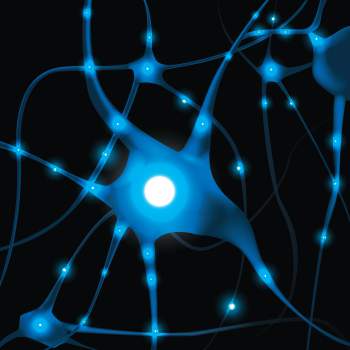 Looking for ways to learn anything fast and remember it in 2018 (whatever it may be)?
Looking for ways to learn anything fast and remember it in 2018 (whatever it may be)?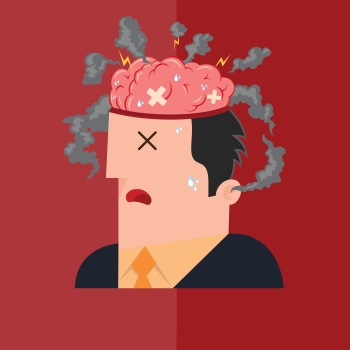

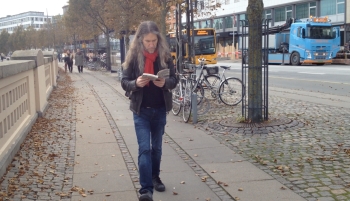

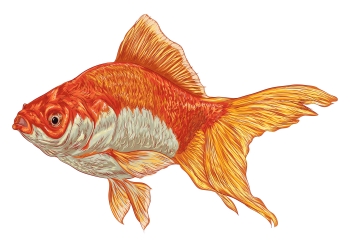

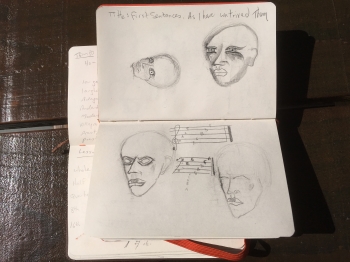


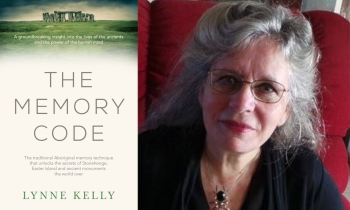
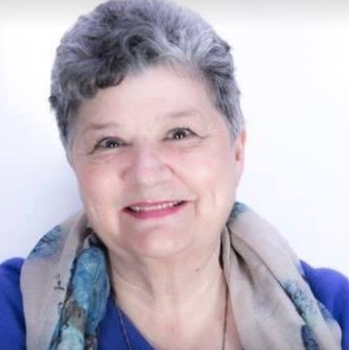




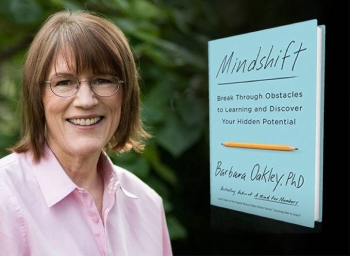



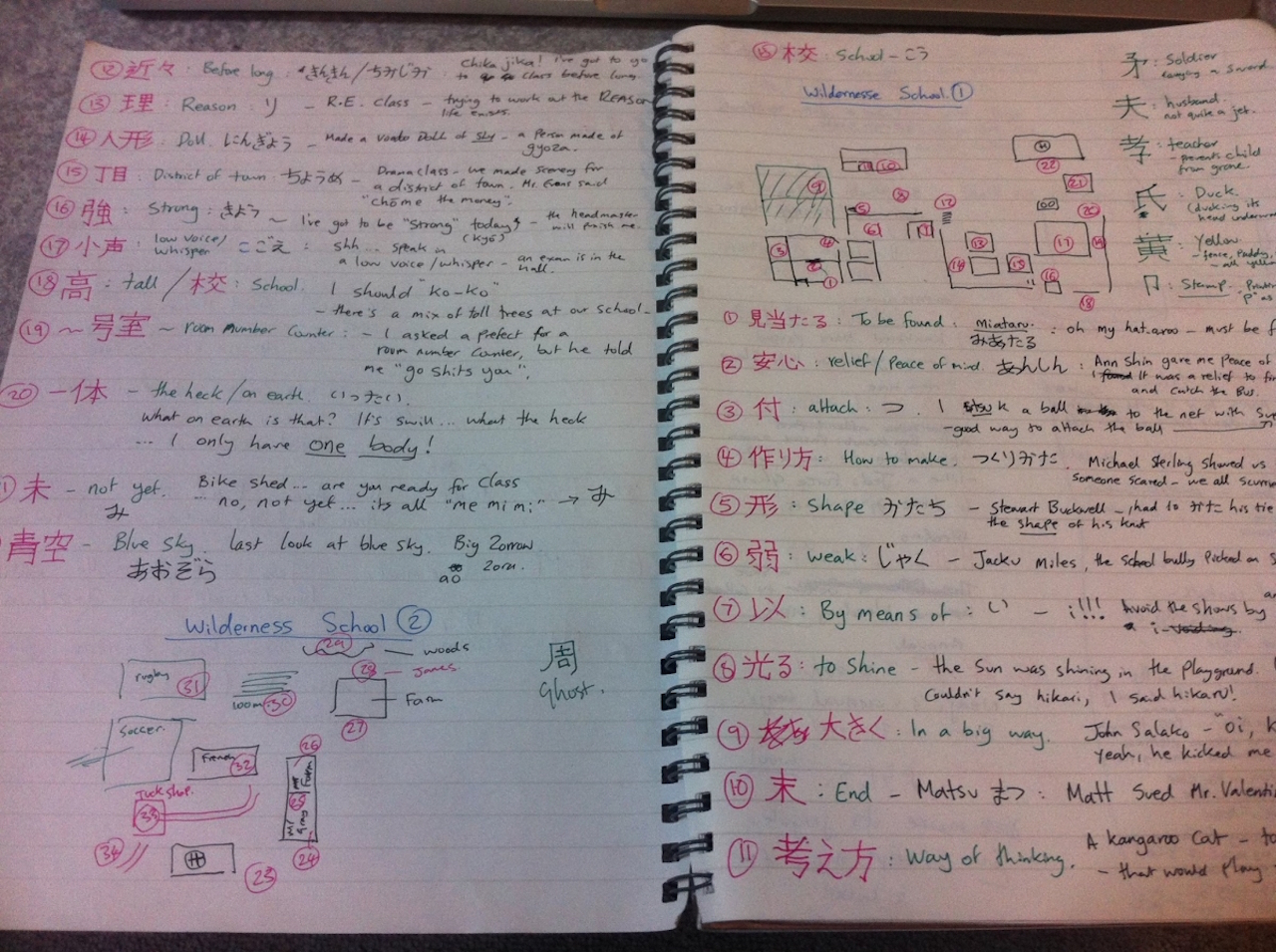
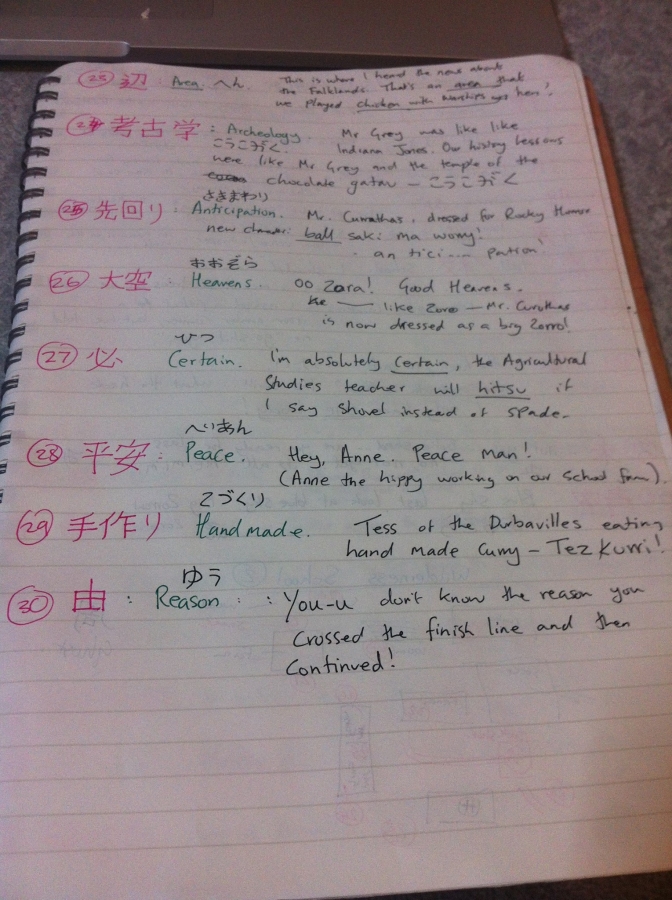
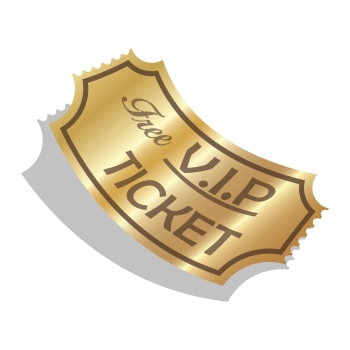 Would you like free tickets to participate in or watch the upcoming Memory Games in Las Vegas?
Would you like free tickets to participate in or watch the upcoming Memory Games in Las Vegas? What is Bitcoin and cryptocurrency? And why should memory improvement fans memorize a long list of virtual currencies?
What is Bitcoin and cryptocurrency? And why should memory improvement fans memorize a long list of virtual currencies?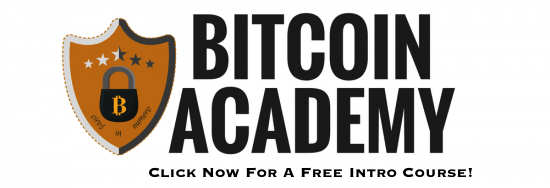
 : How to Build Your Multimedia Internet Empire
: How to Build Your Multimedia Internet Empire